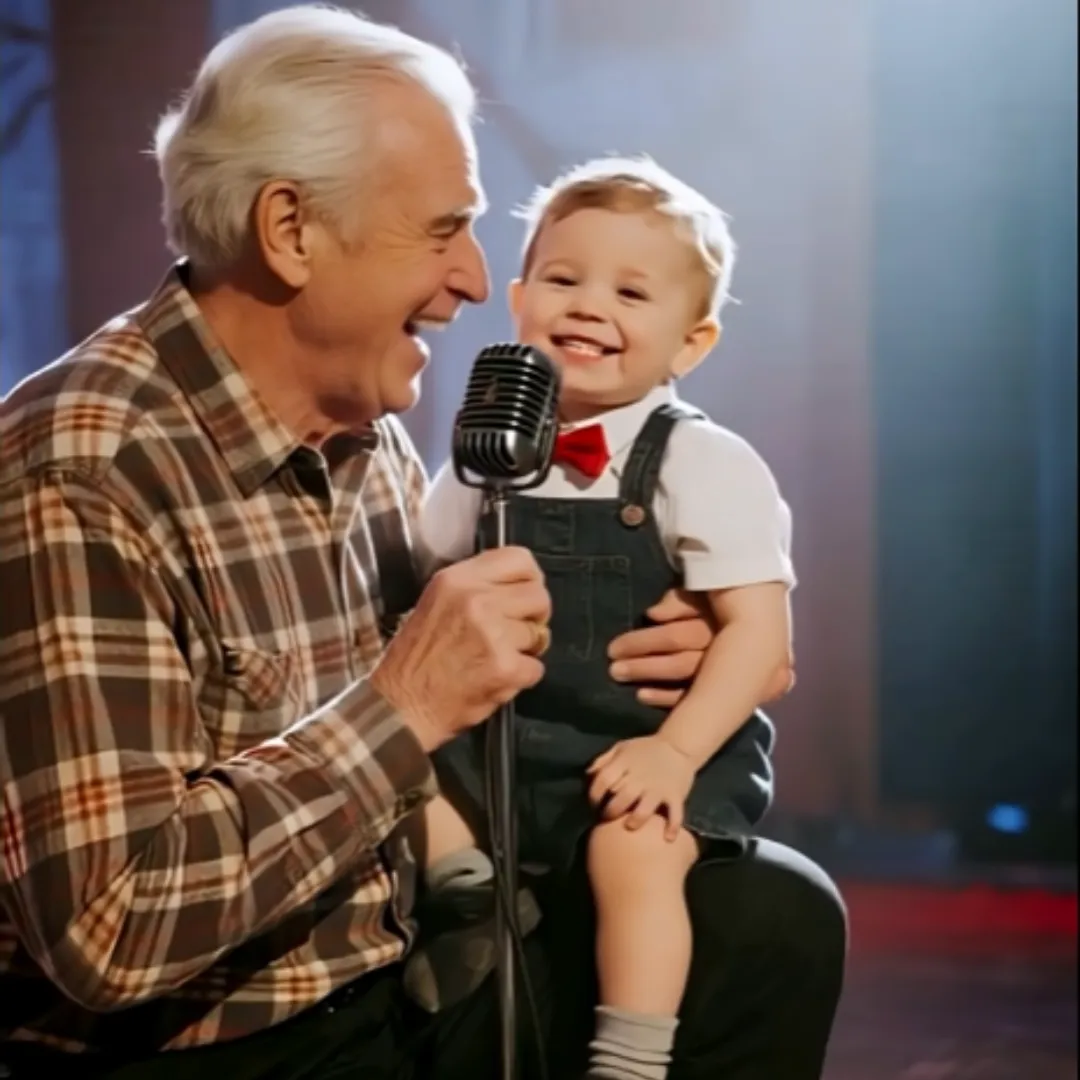
In a deeply emotional and shocking episode of Paternity Court, a pair of siblings from Mount Vernon, New York, find themselves grappling with the revelation that the man they have called "Dad" their entire lives may not be their biological father. The case, titled Raysor/Hunt v Jacobs/Hammonds, unfolds as the siblings, already dealing with the complexities of family dynamics, overhear an argument between their parents that turns their world upside down. The argument exposes a long-buried secret that forces the siblings to confront the truth about their paternity, leading them to seek answers in the courtroom.
The story begins with the siblings, Sarah Raysor and her brother, James Hunt, who grew up in a seemingly normal household with their mother, Lillian Jacobs, and their father, Carl Hammonds. For years, Sarah and James knew Carl as their father and had been raised by him in a loving environment. Their childhood was filled with memories of family gatherings, school events, and the usual ups and downs that come with growing up. Carl had always been there for them, providing emotional support and financial stability, which led them to believe that their family was as solid as any other.
However, everything changed when Sarah and James, now in their late teens, overheard a heated argument between their mother and Carl one evening. The argument, which had started as a disagreement over an unrelated matter, escalated quickly when Lillian dropped a bombshell: Carl may not be their biological father. The revelation left Sarah and James stunned. The idea that the man they had known as "Dad" might not actually be their biological father was too much to process, and the emotional fallout of overhearing the argument left them questioning everything they had known about their family.
Sarah and James, shaken by what they had heard, approached their mother the next day for an explanation. Lillian, initially hesitant to discuss the matter, eventually admitted that there had been a long-standing secret regarding their paternity. She confessed that, while Carl had been an incredible father figure and had raised them as his own, he was not their biological father. Lillian revealed that, during a difficult period in their relationship, she had been involved with another man, and it was possible that he, rather than Carl, was their biological father.
The siblings were devastated by the news. For years, they had looked up to Carl as their father, and now, they had to come to terms with the possibility that their biological father might be someone they had never met or even heard of. The revelation created a whirlwind of emotions, leaving Sarah and James struggling to process their feelings of betrayal, confusion, and disbelief.
In an effort to resolve their doubts and find out the truth, Sarah and James took the bold step of bringing the matter to Paternity Court. The court case, which would determine the biological father of both siblings, was not only about gaining closure for them but also about understanding the impact the truth would have on their relationship with Carl and the rest of their family.
Carl, who was present in the courtroom, had always known that Lillian had been involved with another man, but he had been under the impression that he was the biological father of both Sarah and James. He explained that, although there had been doubts about paternity early on, he had accepted his role as their father and had never questioned it. Carl testified that he had always loved Sarah and James as his own children, and he could not imagine life without them. However, hearing the paternity question raised in court left him emotionally shaken, as he had never suspected that there could be any truth to the idea that he was not their biological father.
Lillian, visibly remorseful, explained that she had kept the truth from Sarah and James for years out of fear of disrupting their family. She explained that while Carl had been an incredible father, the circumstances surrounding the conception of Sarah and James had been complicated. Lillian admitted that, while she had always intended for Carl to raise them as his own, the truth about their biological father had been a secret that she had carried for far too long.
As the case unfolded, Judge Lake listened intently to the emotional testimonies from both sides. She understood the pain Sarah and James were experiencing, having to come to terms with a reality they had never imagined. At the same time, she acknowledged Carl’s deep emotional connection to the siblings, even though the paternity question had never been addressed until now.
The moment of truth came when the DNA test results were read aloud in the courtroom. The tension was palpable, as Sarah, James, Lillian, and Carl waited to hear the outcome of the test. The results would finally determine whether Carl was their biological father, or if the man who had raised them all these years was not genetically connected to them.
When Judge Lake revealed the results, the courtroom fell silent. The DNA test confirmed that Carl was not the biological father of Sarah and James. The news sent shockwaves through the room, leaving both Sarah and James stunned and emotional. The revelation confirmed their worst fears, but it also brought clarity to the years of uncertainty. For Carl, the result was heartbreaking, as he had always considered Sarah and James to be his children. The news that he was not their biological father was a difficult pill to swallow, but his love for them remained unchanged.
Sarah and James, though devastated by the revelation, found comfort in knowing the truth. The emotional weight that had been carried for so long was finally lifted, but it did not erase the years of confusion, pain, and feelings of betrayal. The siblings would now have to navigate the new reality of their family dynamics, as they processed the impact of the paternity test results on their relationship with Carl and their sense of identity.
Judge Lake offered words of support to all parties involved, urging them to focus on what mattered most—love, understanding, and family. She reminded Carl, Sarah, and James that family is not defined solely by biology, and that the bond they shared was built on years of love, care, and commitment. While the truth had been painful, it also provided an opportunity for healing and growth. She encouraged Carl and the siblings to continue their relationship, focusing on the emotional connections that had shaped their family, regardless of biological ties.
Raysor/Hunt v Jacobs/Hammonds was a reminder that the truth can often be painful, but it is necessary for personal growth and resolution. For Sarah and James, the road to understanding their family’s history was a challenging one, but it was also an opportunity to redefine what family meant to them. And for Carl, the results didn’t change his love for the siblings he had raised—no matter the bloodline, they would always be his children.
Full video:



